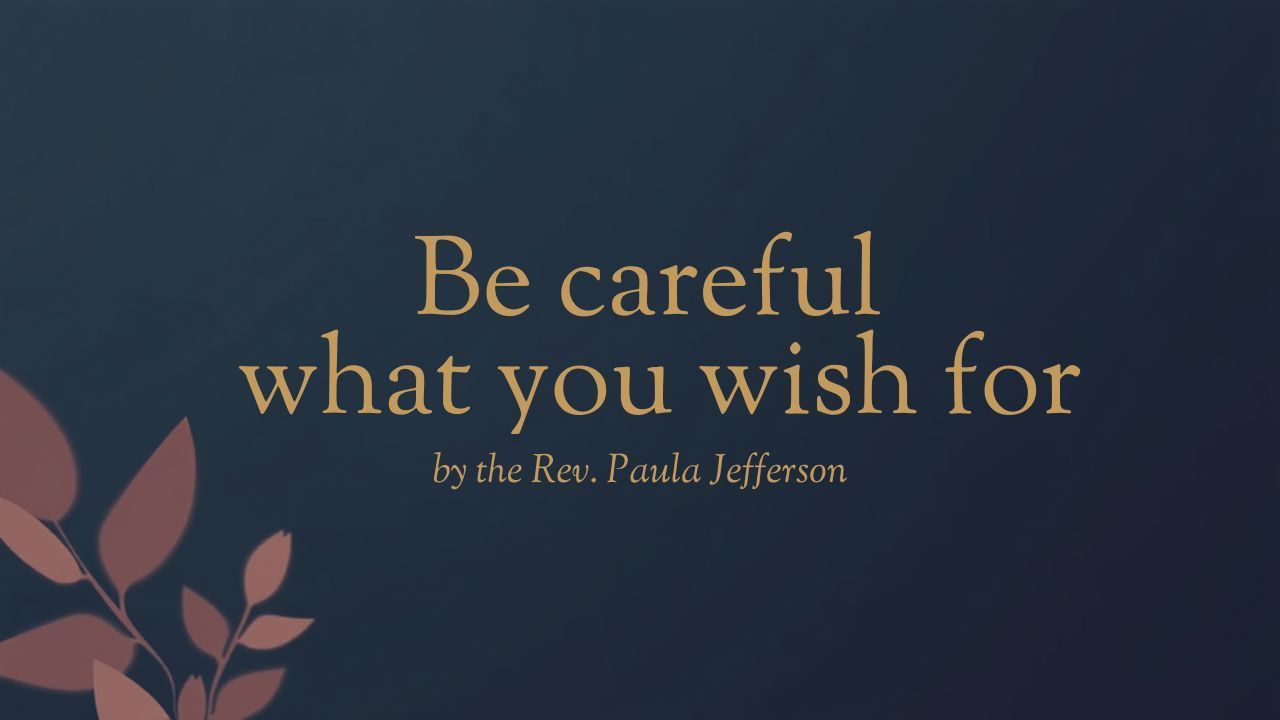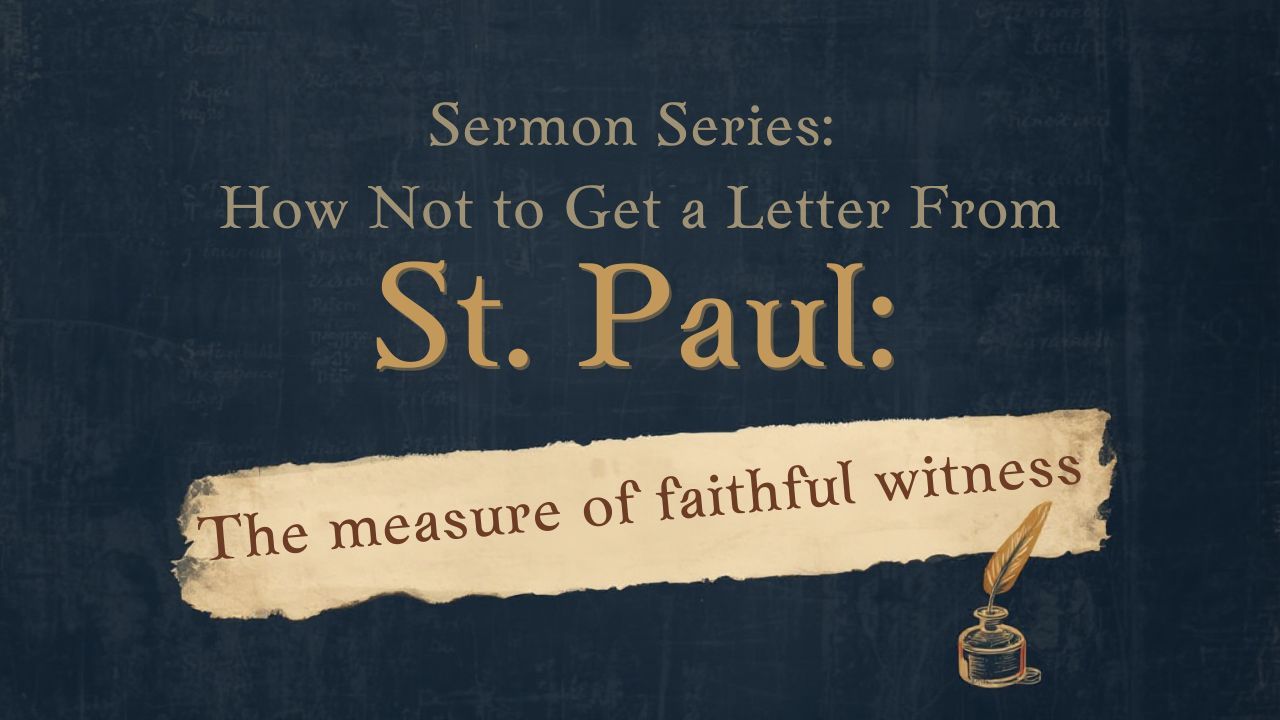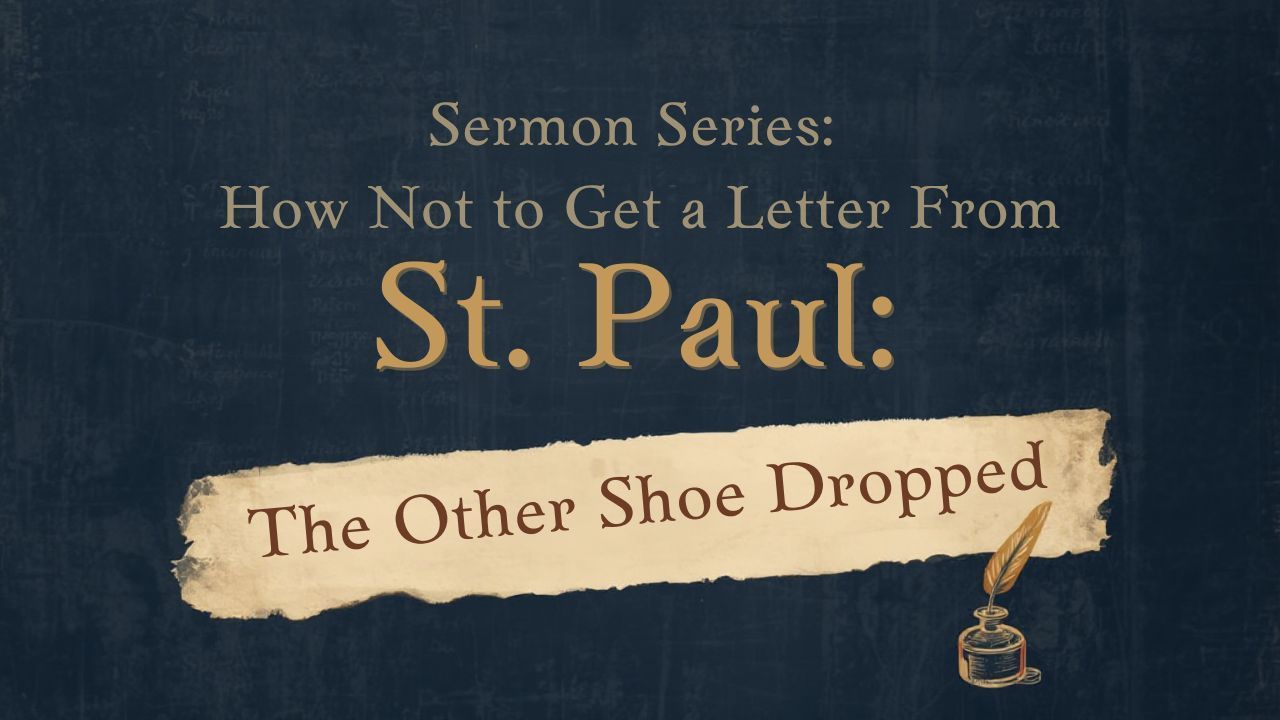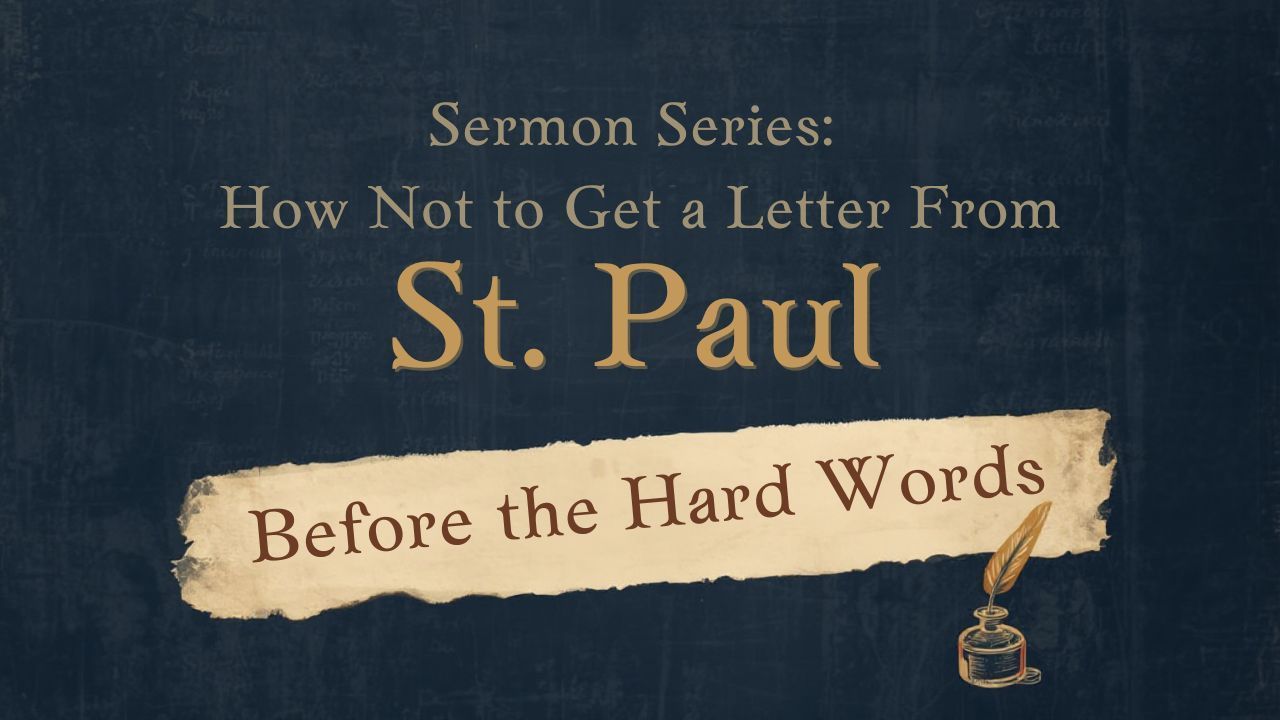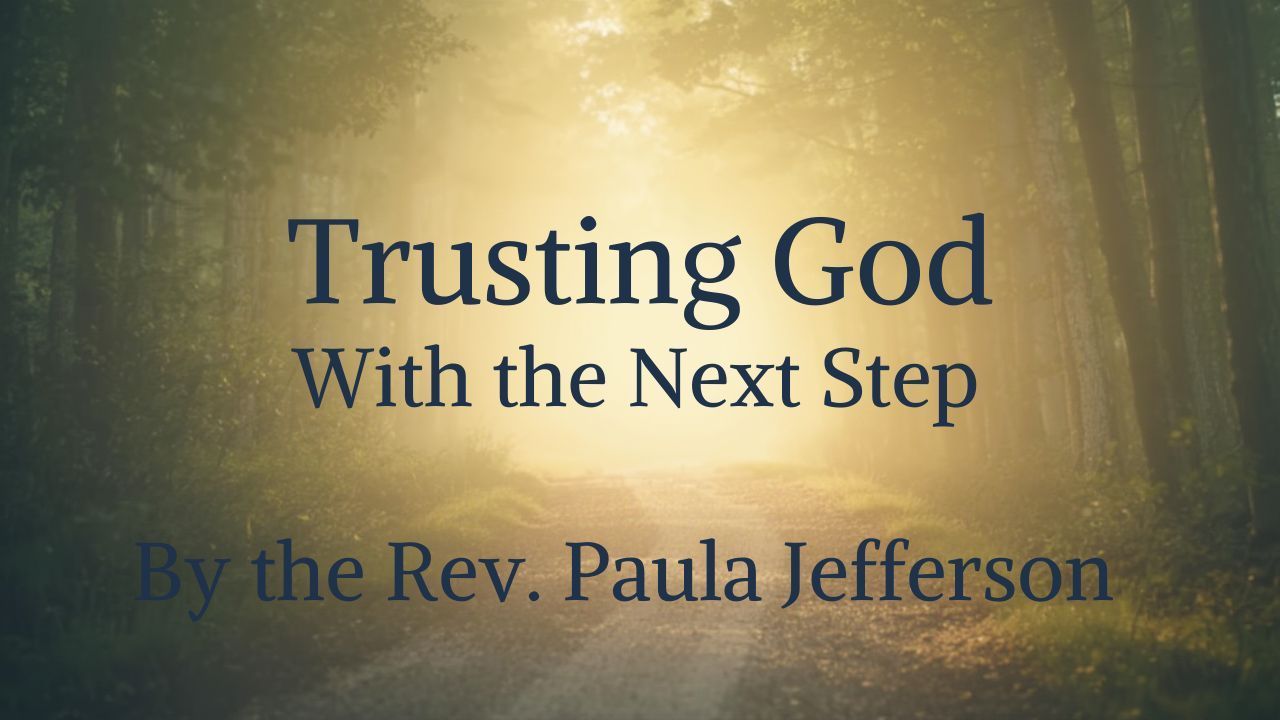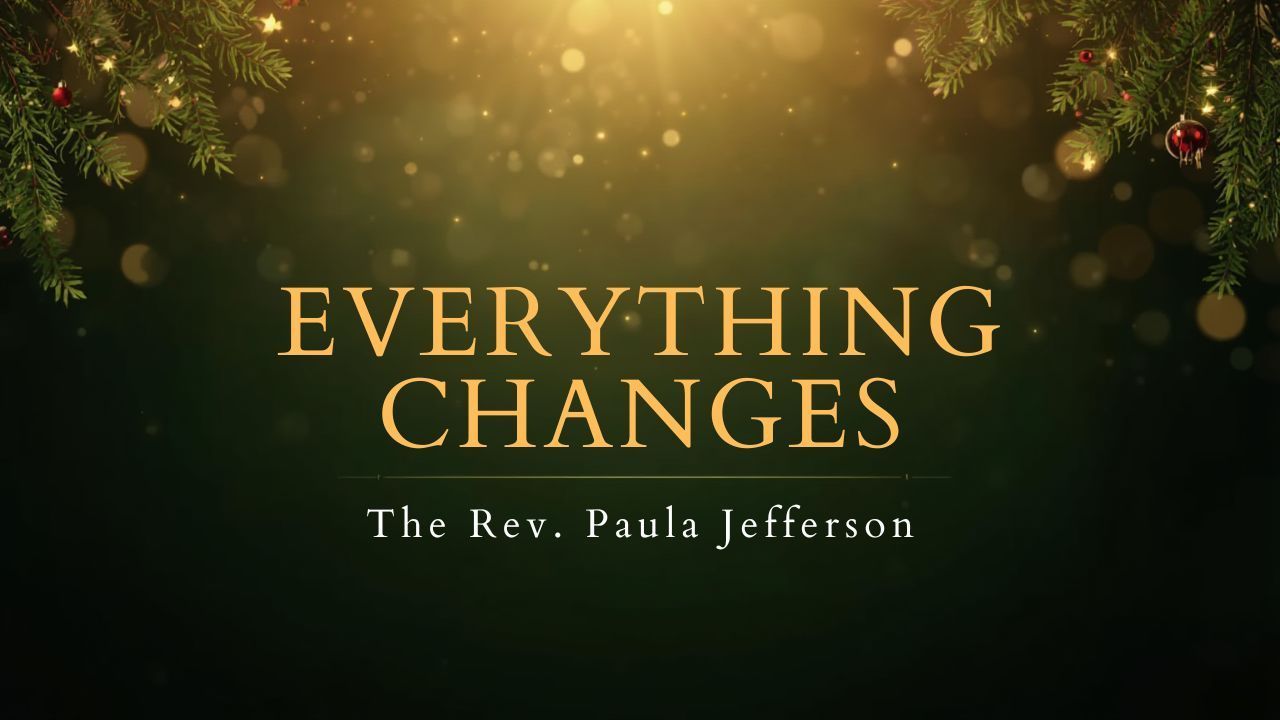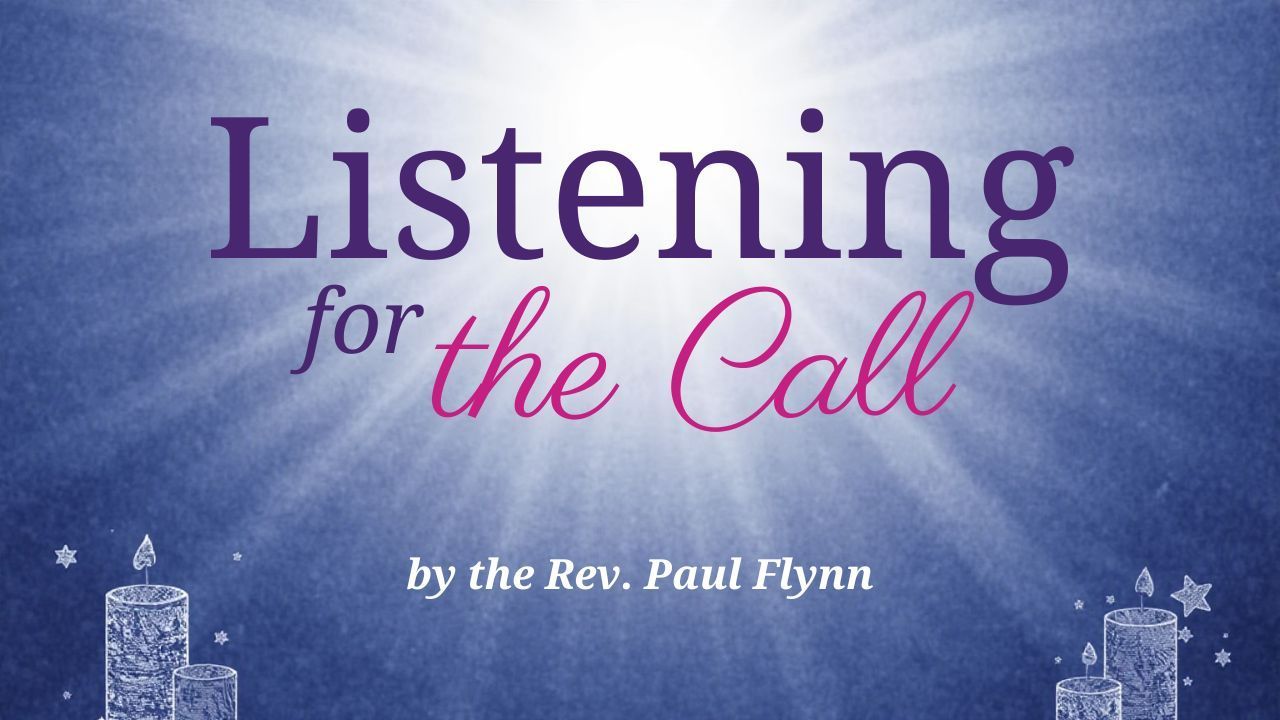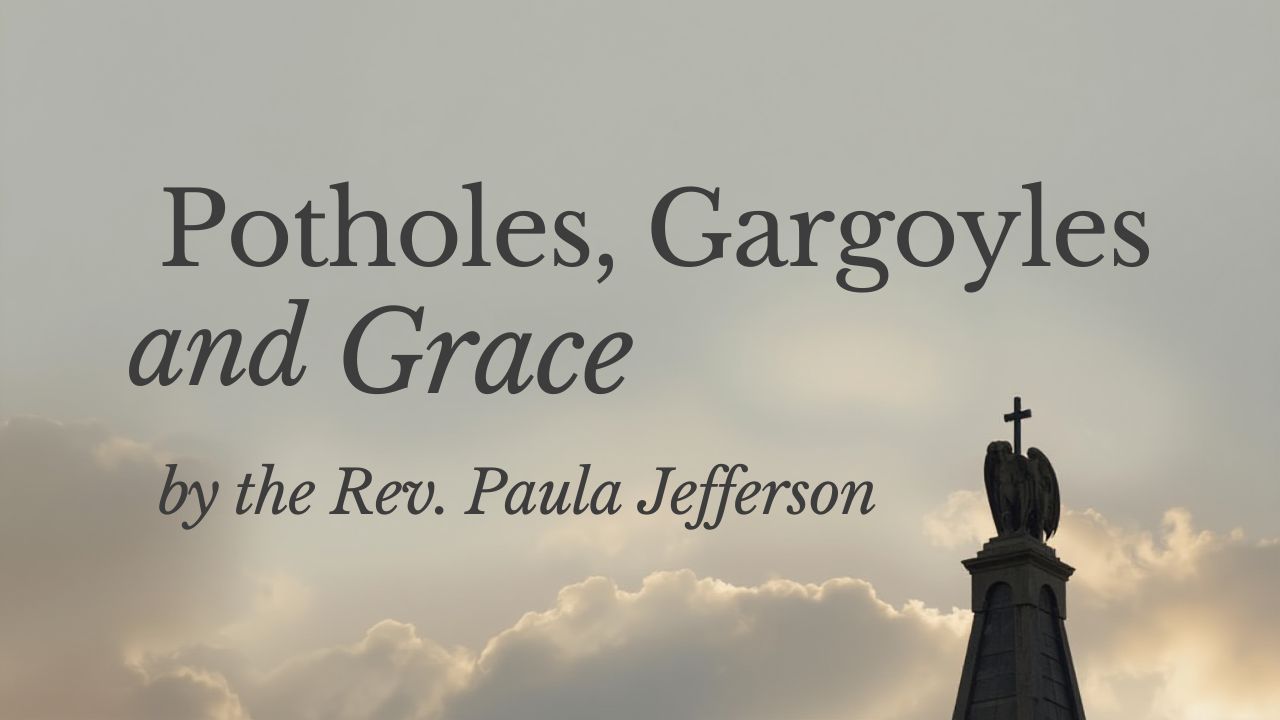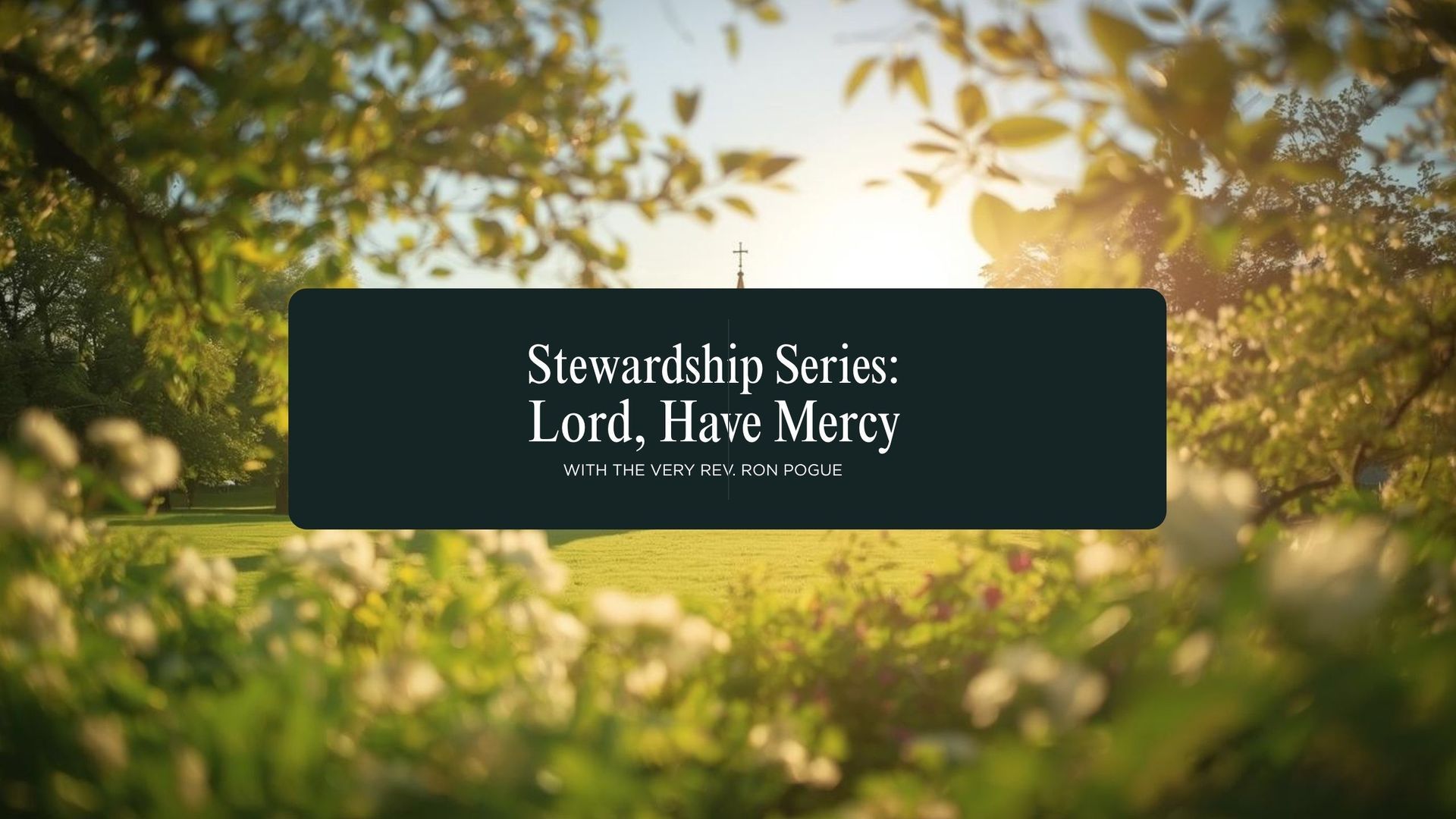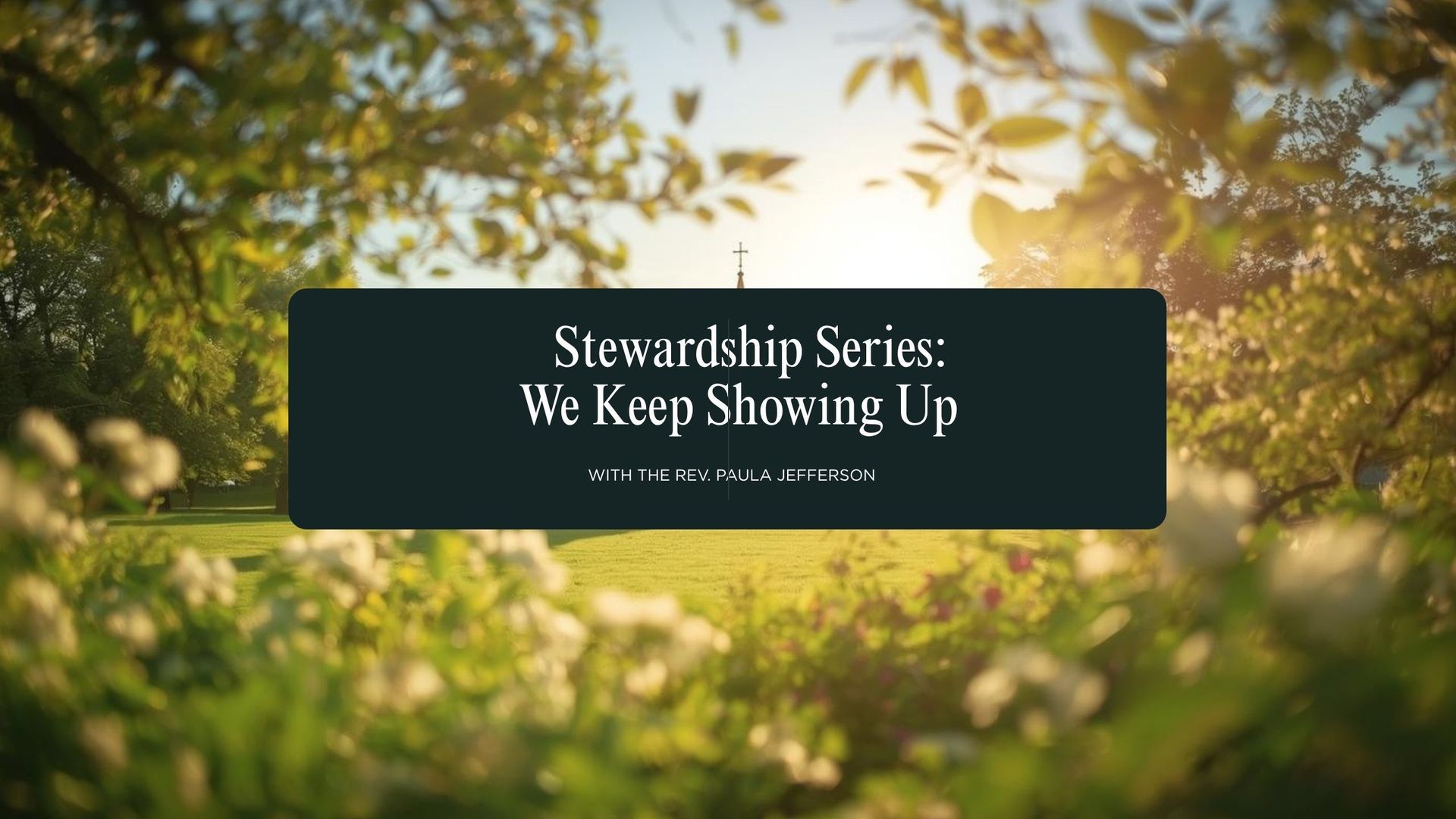It has only been a few months since we last heard this particular Gospel reading. While I was driving up and down Highway 35 last week, I thought about how we might approach the text differently…especially on All Saints Sunday. This is the day we remember all the faithful people who have gone before us…ordinary and extraordinary folks who lived lives of love, mercy, courage and hope.
I began with questions: Who is a saint? Who is not a saint? The second question is much easier to answer. We can all think of people throughout history who would definitely not fit any definition of sainthood. But the other question is harder.
It brought to mind a character who wears a red suit, big white beard, moves around in a sleigh pulled by reindeer. Santa Claus is an icon of generosity. But is that the fullness of a saintly life?
We often admire people for what shines outwardly: strength, beauty, power, fame, athleticism, traveling the globe on Christmas Eve delivering millions of gifts…because that stuff is easy to see and easy to glorify.
But Luke is reminding us that true blessedness looks very different…it is found in the poor, the hungry, those who mourn. Blessed are those who are rejected or marginalized because they embody love…feeding the hungry, forgiving enemies, speaking truth to power.
Paraphrasing Jesus: Blessed are you who are living in such a way that your life looks like mine.
So what are the signs of a Christ-shaped--or saintly--life? To answer that, I drew from Jesus’s sermon on the Plain and a few well-known saints.
1. Humility—Jesus said, “Blessed are you who are poor, for yours is the kingdom of God.”
Richard Foster devoted his life to guiding Christians into deeper spiritual formation. He described humility as the freedom to see ourselves truthfully, to rely fully on God, and to serve others without seeking recognition.[1] Humility reflects the blessedness of those who recognize their dependence on God.
2. Courage—Jesus said, “But I say to you who hear: Love your enemies, do good to those who hate you, bless those who curse you, pray for those who abuse you.”
Dietrich Bonhoeffer devoted his life to following Christ faithfully in a world that was in moral and political crisis. He said that moral courage is nurtured in the context of faithful Christian community. Courage is faithfully doing what is right, trusting God’s guidance, even when it costs us.[2] His moral courage exemplifies living faithfully in the face of evil.
3. Joy—Jesus said, “Blessed are you who hunger now, for you will be satisfied…Blessed are you who weep now, for you will laugh.”
Henri Nouwen devoted his life to helping others encounter God’s love through prayer, presence, and compassionate service…especially alongside the most vulnerable among us. He said that joy does not simply happen to us. We have to choose joy and keep choosing it every day. It is a choice based in the knowledge that we belong to God and have found in God our refuge and our safety and that nothing, not even death, can take God away from us.[3]
4. Love and mercy in action— Jesus said, “Do to others as you would have them do to you.”
Mother Teresa devoted her life to making Christ’s love tangible through service to the poorest, sickest, and most marginalized people in the world. For her, love was not an abstract idea—it was what you do with your hands and heart every day. She incarnated mercy in action, making tangible the call to bless and serve others.
5. Faithfulness in difficulty—Jesus said, “Blessed are you when people hate you, and when they exclude you, revile you, and defame you on account of the Son of Man.”
Martin Luther King, Jr. devoted his life to pursuing justice and equality through nonviolence and love rooted in faith and moral conviction. He said, “The ultimate measure of a [person] is not where they stand in moments of comfort and convenience, but where they stand at times of challenge and controversy.”[4] His nonviolent witness and moral perseverance reflect Jesus’ promise of blessing for those who are persecuted and remain steadfast in their faith.
There’s something of a paradox here that drew my attention. Each of these Christ-shaped lives emerged in response to real suffering, injustice or need.
If Christianity had not moved through a period of superficial evangelism in the 20th Century, we would not know Richard Foster.
Without Adolf Hitler and the evil that surrounded him, we would not know Dietrich Bonhoeffer’s name. He would be a little-known academician teaching systematic theology.
Without societies that toss aside people with disabilities, Henri Nouwen would have been a Roman Catholic priest none of us knew.
Without human class systems that devalue whole groups of people, Mother Teresa would not be a household name.
Without systemic racism, Martin Luther King, Jr. would have been a Baptist preacher in an Atlanta Church. We would not know his name.
Each of these people responded to the wounds and injustices they saw in their own time in their own backyard. They took up the cross of love and carried it just a little farther.
And I wonder if that quality is the benchmark of sainthood?
As I look around this congregation, I see 100 saints: people who walk into classrooms every day, prepared to teach growing minds; people who walk with friends going through difficulties like loss of memory; people who feed the hungry: with meals on wheels, Union Gospel Mission, food pantries in Fort worth, and in leper colonies far away; people who make bed rolls for the homeless; Sunday School teachers who faithfully prepare to help children, youth, and adults grow in faith. People who extend hospitality to us and to St. Matthew’s and to families who gather here to celebrate the lives of their saints.
Friends, we live in a very challenging era of American life. Everywhere we look, we see signs of division, misunderstanding, and an inability to work together for the common good. It is, I think, a reflection of a deep dysfunction in our culture….an incapacity to listen well, to negotiate in good faith, and to compromise for the sake of the whole.
In times like this, the calling of the Church is extraordinary. We are called to embody the values of God’s reign: faithfulness, humility, courage, joy, and love---showing the world what it means to live differently, even when society struggles to do so.
We, too, must take up the cross of love in our own lives, carrying it just a little farther each day. And as we do, we join the great communion of saints who have walked before us, who have borne witness to God’s love in times of trial, and who now cheer us on as we continue the journey.
[1] Richard J Foster; Celebration of Discipline: The Path to Spiritual Growth
[2] Dietrich Bonhoeffer; Life Together
[3] Henri Nouwen; Spirituality & Practice
[4] Martin Luther King, Jr; Strength to Love 1963
